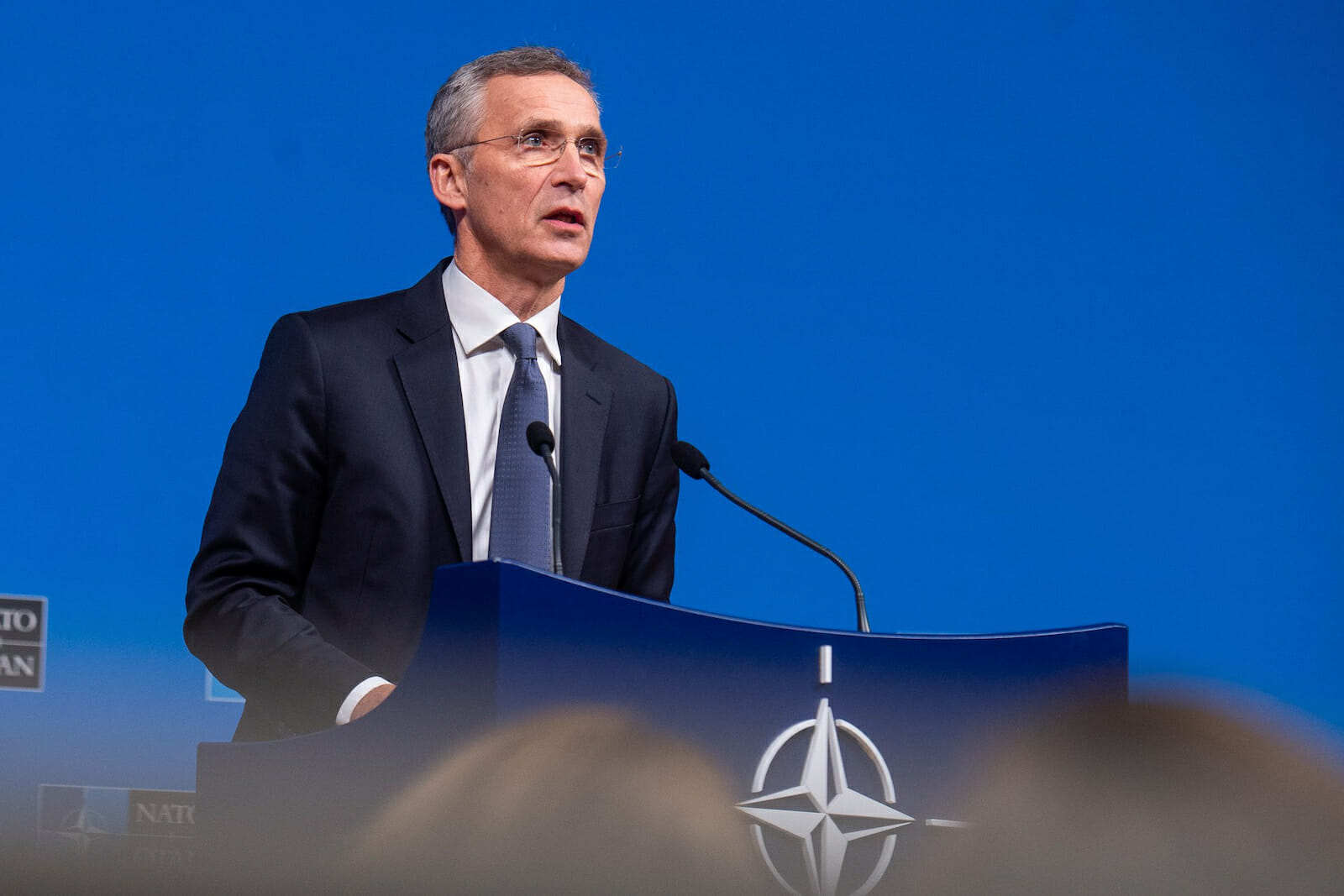
NATO in the Black Sea: How will Russia Respond?
NATO plans to deploy warships to the Black Sea to ensure safe passage for Ukrainian vessels through the Kerch Strait, effectively controlled by Russia. If the Kremlin allows such transit, NATO and Ukraine will doubtlessly see that as a sign of Russian weakness.
The Kerch Strait, as well as the whole Crimean Peninsula, is a de-facto part of Russia, and any unauthorized passage through Russian territorial waters would be a clear violation of Russian sovereignty. NATO and Ukraine, on the other hand, never recognized the Russian annexation of Crimea, and therefore they claim they have the right to freely access the Sea of Azov through the Kerch Strait.
At the end of last year, the Ukrainian Navy attempted to pass through the Kerch Strait on their way to the port of Mariupol, which led to an incident. The Russian military captured three Ukrainian Navy vessels and two dozen crew members, who are still being detained. Russia charged them with border violations.
This time, however, Russia might face a more serious challenge. In another attempt to pass from the Black Sea to the Sea of Azov, Ukraine might be backed by NATO warships. If that happens, the Kremlin will have two options. Prevent Ukrainian and NATO vessels from entering Russian territorial waters by any and all means, which could trigger a military confrontation, or to let them pass, which would be seen as a sign of weakness.
Opposing the US plan for more ships in the Black Sea, Dmitry Peskov, the spokesman for Russian President Vladimir Putin, did not say whether Russia would, in fact, allow NATO ships to pass through the Sea of Azov.
“We do not understand the reasons,” Peskov answered to journalists on Wednesday. “The situation with the Kerch Strait and shipping is rather clear, it is in accordance with the international rights and laws. The position of the Russian Federation is rather gradual and clear as well.”
In the past, however, Russia has done its best to avoid any potential confrontations with NATO member states and its allies. In November 2015 a Turkish jet shot down a Russian Sukhoi SU-24 near the Syria-Turkey border. Russian Foreign Minister Sergey Lavrov said that Russia would not initiate a war as a result of the incident.
In May 2018 the US military killed dozens of Russian mercenaries from the Wagner private military company. Following the incident, Russian media was silent.
In October 2018, Russian officials accused the US of attacking the Russian Khmeimim airbase in Syria, but the Russian military never responded.
In August 2016 Vladimir Putin accused the Ukrainian Defense Ministry of killing a Russian soldier and an FSB officer in Crimea, at the border with Ukraine. Apparently, Ukraine sent a sabotage-reconnaissance group to Crimea, which resulted in a brief border clash. Putin said Russia would “not let such things slide by,” but Russia never responded to the alleged killing of its military and intelligence personnel.
Since the Kremlin is obviously not ready for any serious confrontation with Ukraine and the West, it’s very unlikely that it will prevent NATO and Ukrainian ships from passing through the Kerch Strait. NATO, on the other hand, will keep checking how far it can go with provoking Russia, and if the Kremlin has any red lines at all.
If any incidents occur before the second round of the Ukrainian presidential election, scheduled for April 21, it will certainly benefit President Petro Poroshenko. It will unlikely help him win a second term, though.

